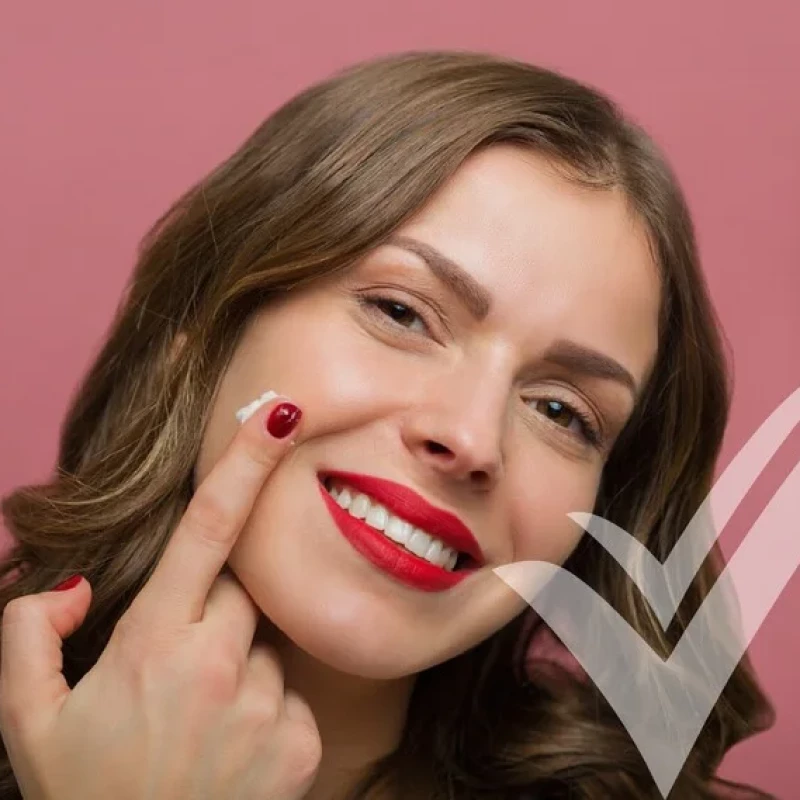what can hair lossmean :
According to the American Academy of Dermatology, more than 80 million American men and women suffer from hereditary hair loss– a condition medically known as alopecia.
Alopecia does not just affect the hair on your scalp, It can affect your entire body as a matter of fact. Even though this condition is more common in older adults, it can happen in children as well.
Losing between 50 to 100 strands of hair every day is normal. Since there are almost 100,000 strands of hair on your head, this loss is quite insignificant.
Generally, new haircomes in place of lost hair, however, this doesn’t always happen. Hair losscan occur over a period of several years or it can happen suddenly. Moreover, hair losscan either be temporary or permanent.It’s really not possible to count the number of hair you lose in a day. For instance, if you notice a large amount of hair in the drain after a shower or bunches of hair in your brush, you’re likely losing more hair than is normal. Additionally, you might also observe baldness or thinning patches of hair in certain spots.
If you feel that you’re losing more hair than the regular amount, you should consult with a doctor and discuss this problem with them. They can help to identify the underlying reason behind your hair loss and recommend the best treatment.
Reasons forHair Loss
Generally, the most common reason behind hair lossis hereditary female- or male- pattern baldness. Thus, if you have a history of baldness in your family, you may experience this kind of hair loss. Moreover, some sex hormones can also lead to hair loss which may start as early as puberty.
In certain situations,hair losscan happen with a simple cessation of the hair growth cycle. Surgeries, traumatic events, or major illnesses can lead tohair loss.
Temporaryhair loss can also be due to hormonal changes such as:
• Discontinuing the consumption of birth control pills
• Pregnancy
• Childbirth
• Menopause
Medical conditions that can lead to hair lossinclude:
• Scalp infections such as ringworm
• Thyroid disease
• Alopecia areata
Medications used to treat the following conditions can also result in hair loss:
• High blood pressure
• Cancer
• Depression
• Arthritis
• Heart problems
An emotional or physical shock may also lead to a visible hair loss. These kinds of shock include:
• Extreme weight loss
• High fever
• Death of a loved one
A diet that doesn’t contain adequate amounts of iron, protein, and other nutrients can also result in thinning hair. (Elaine K. Luo, 2019)
Vitamins and Minerals Essential for Healthy Hair
Since dietary factors can lead to hair loss, here are vitamins and minerals that are essential for maintaining healthy hair. (Kayla McDonell, 2016)
Vitamin A
All cells requirevitamin Afor growth, including hair. Carrots, sweet potatoes, spinach, kale, and pumpkins are all rich in beta-carotene which is converted into vitamin A.
Vitamin A is also present in animal products such as yogurt, eggs, and milk. Cod liver oil is also a quite good source.
B-Vitamins
One of the best-known vitamins for hair growth is a B-vitamin, named biotin. You can get B-vitamins from several foods, such as almonds, fish, meat, leafy greens, seafood, and whole grains.
Vitamin C
Vitamin Chelps the body absorb iron, which is a mineral essential for hair growth. Vitamin Crich foods include all citrus fruits, guavas, peppers, and strawberries.
Vitamin D
Research shows that lack of Vitamin Dcan result in hair loss as Vitamin Dis essential in stimulating old and new hair follicles. Vitamin D rich foods include mackerel, salmon, fish liver oils, etc.
Iron
Iron deficiency is a primary reason behind hair loss and is extremely common amongst women. Foods high in iron include eggs, oysters, spinach, lentils, red meat, and clams.
Zinc
Hair loss is also a common indication of zinc deficiency. This is because zinc plays a vital role in hair tissue growth and repair.
Last Few Words
You can stop and even reverse hair loss with appropriate treatment, particularly if it’s because of an underlying medical problem. However, genetic hair loss is quite difficult to treat. Make sure you speak to your doctor to understand all of the things you can do to reduce the effect of hair loss.
Reference :
Elaine K. Luo, M. (2019, June 25). Everything You Need to Know About Hair Loss. From Healthline: https://www.healthline.com/health/hair-loss#causes
Kayla McDonell, R. (2016, August 6). The 5 Best Vitamins for Hair Growth (+3 Other Nutrients). From Healthline: https://www.healthline.com/nutrition/best-vitamins-hair-growth


